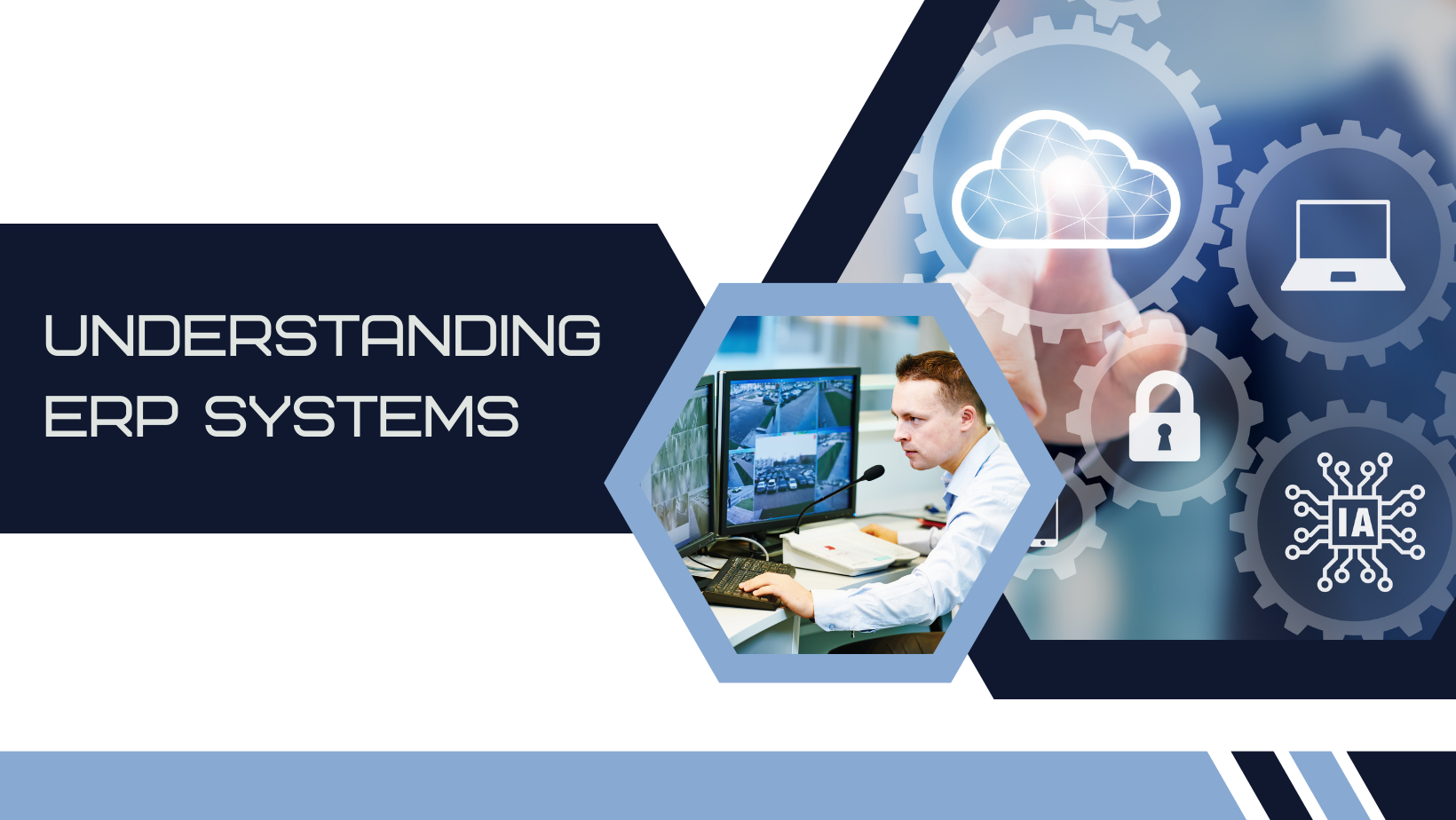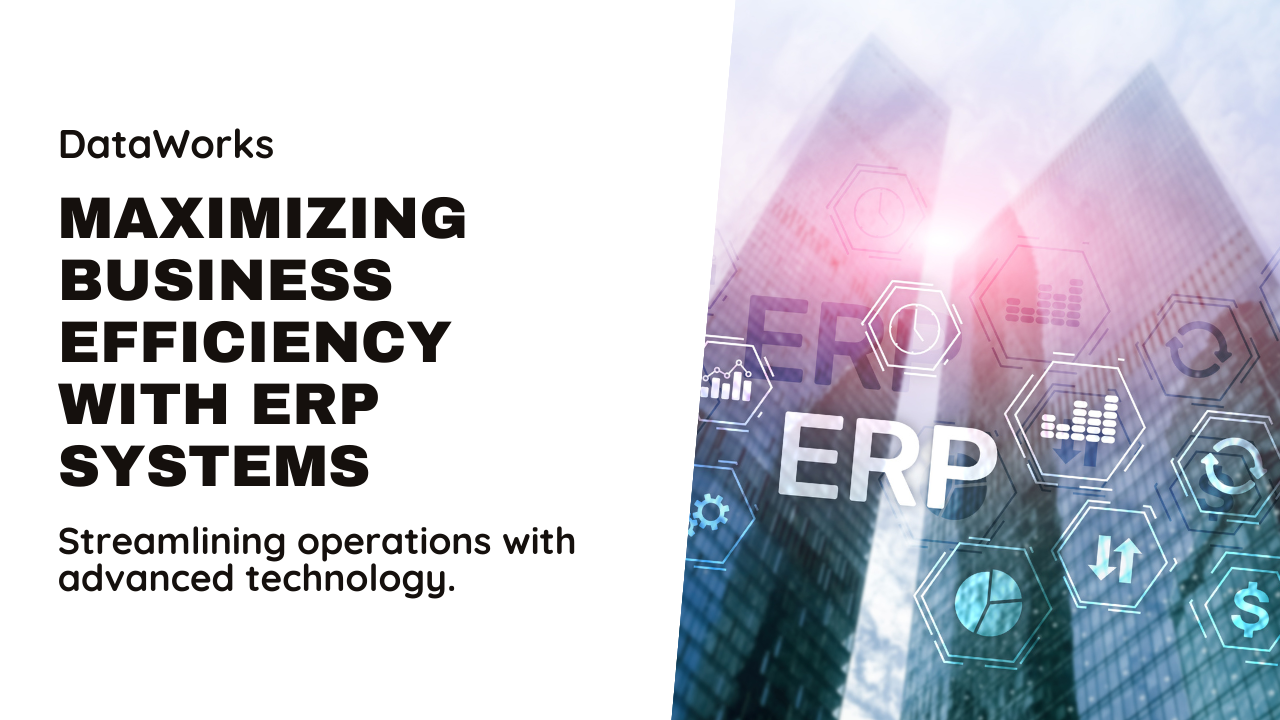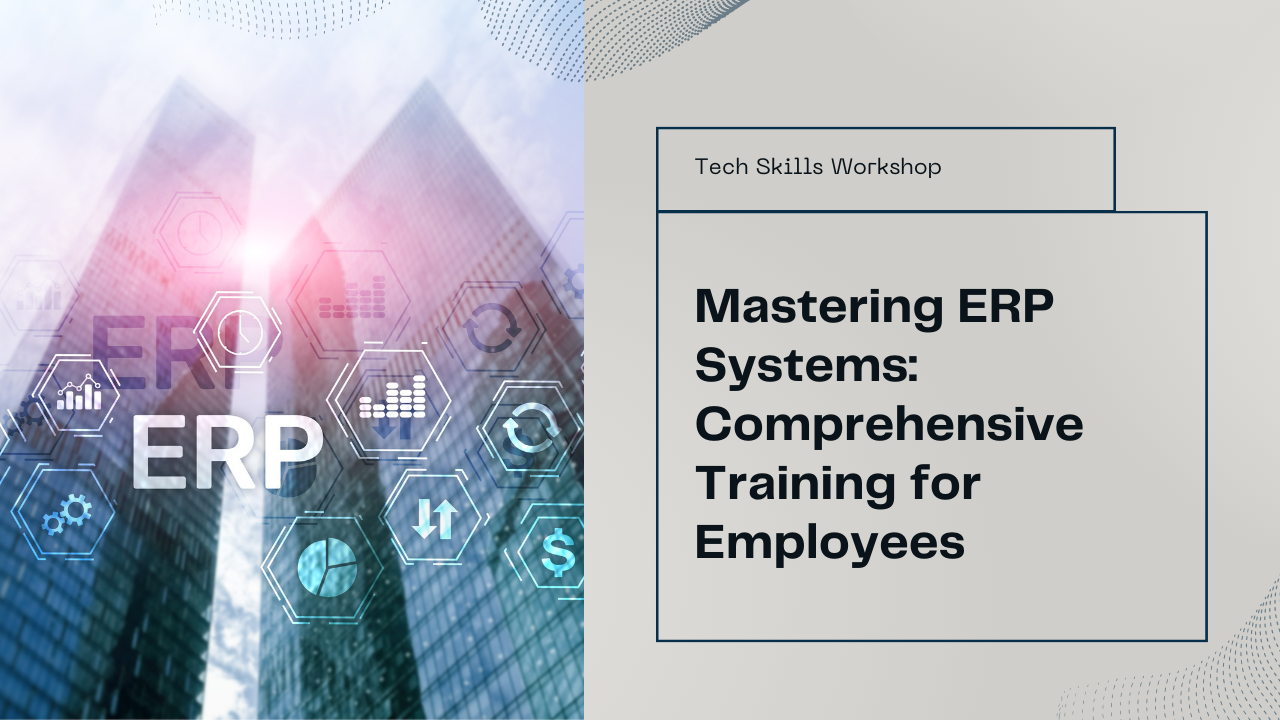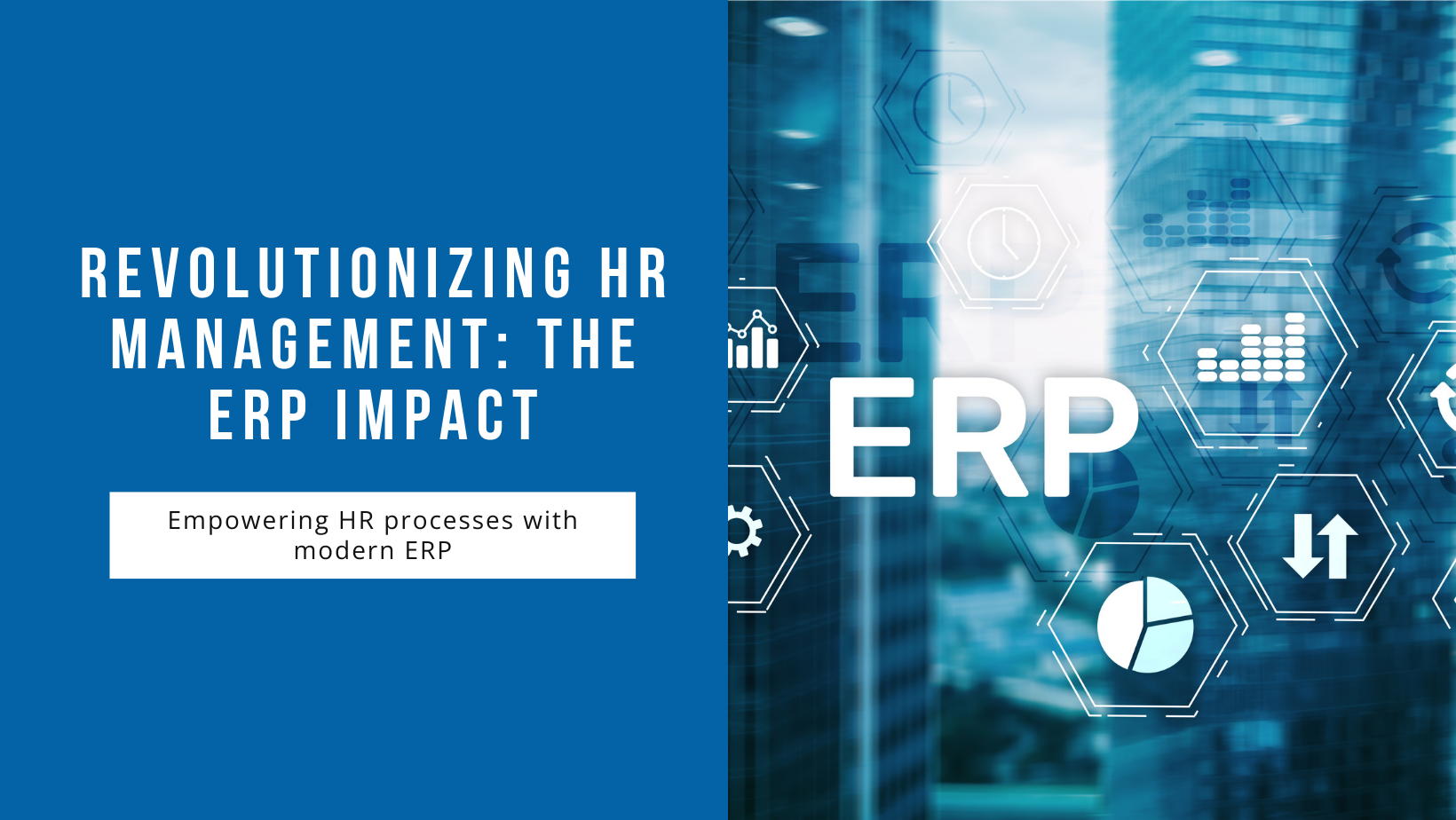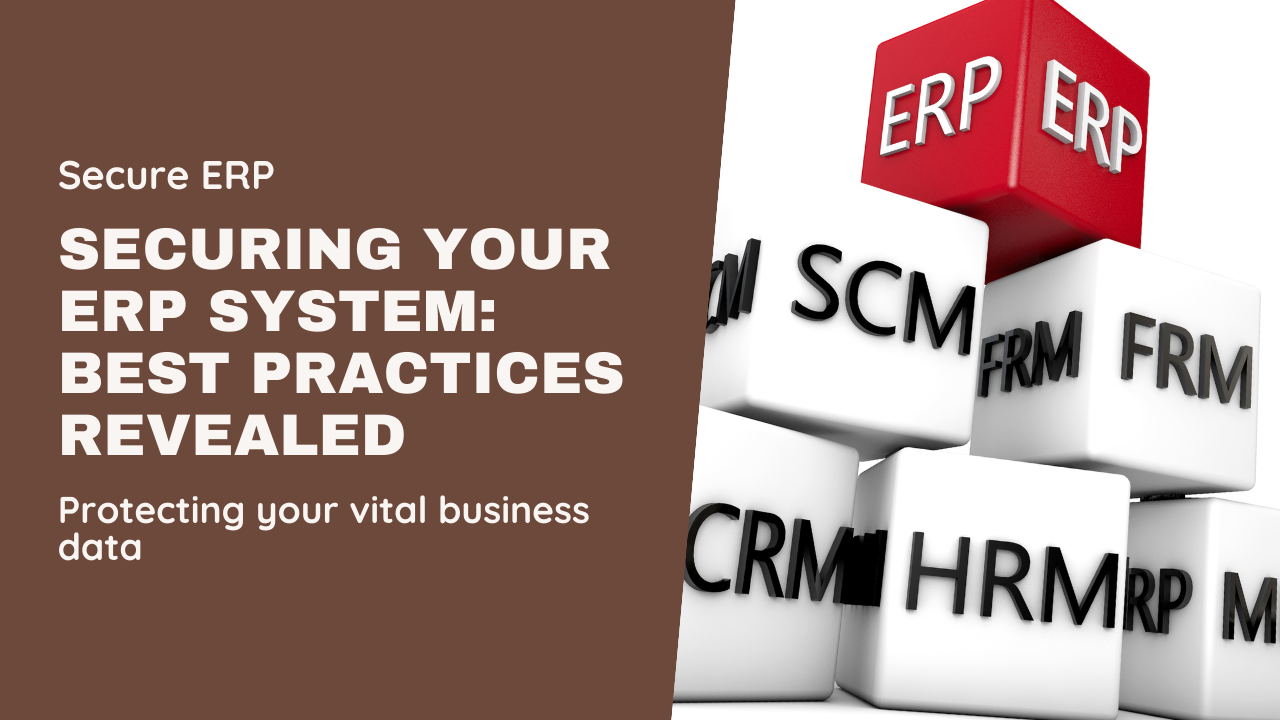In today’s interconnected business landscape, organizations rely on efficient management of resources, processes, and data to maintain competitiveness and drive growth. Enterprise Resource Planning (ERP) systems play a pivotal role in streamlining business operations, integrating various functions into a centralized platform, and providing real-time insights for informed decision-making. Let’s explore what ERP systems are, their key components, benefits, and their impact on modern businesses.
What is an ERP System?
An ERP system is a comprehensive suite of integrated applications that enable organizations to manage and automate core business processes in real-time. These systems typically encompass modules for functions such as finance, human resources, manufacturing, supply chain management, sales, and customer relationship management (CRM). By consolidating data and processes into a unified database, ERP systems facilitate seamless communication and collaboration across departments, enhancing operational efficiency and agility.
Key Components of ERP Systems
**1. ** Core Modules: ERP systems consist of core modules tailored to specific business functions. These may include:
- Finance: Manages financial transactions, budgeting, accounting, and financial reporting.
- Human Resources (HR): Handles employee data, payroll, benefits administration, and workforce management.
- Manufacturing: Controls production planning, scheduling, inventory management, and quality control.
- Supply Chain Management (SCM): Optimizes procurement, inventory tracking, supplier management, and logistics.
- Sales and CRM: Tracks leads, manages customer relationships, automates sales processes, and analyzes customer data.
**2. ** Database: ERP systems utilize a centralized database to store and retrieve data from various modules, ensuring data consistency and integrity across the organization.
**3. ** Integration: Integration capabilities enable seamless communication between ERP modules and external systems, such as third-party applications, databases, or IoT devices, to streamline workflows and data exchange.
**4. ** Reporting and Analytics: ERP systems provide robust reporting and analytics tools to generate real-time insights, dashboards, and KPIs. This empowers stakeholders to monitor performance, identify trends, and make data-driven decisions.
Benefits of ERP Systems
Implementing an ERP system offers numerous benefits that drive operational efficiency, improve decision-making, and enhance organizational agility:
**1. ** Streamlined Processes: Automates routine tasks, reduces manual errors, and accelerates process workflows across departments, enhancing productivity and operational efficiency.
**2. ** Data Visibility and Transparency: Centralizes data into a single source of truth, providing stakeholders with real-time visibility into operations, financial performance, and resource allocation.
**3. ** Improved Decision-Making: Empowers management with actionable insights and predictive analytics derived from integrated data, enabling informed decision-making and strategic planning.
**4. ** Cost Savings: Reduces operational costs by optimizing resource allocation, inventory management, and procurement processes, while minimizing redundant tasks and inefficiencies.
**5. ** Enhanced Customer Satisfaction: Facilitates personalized customer interactions, faster order fulfillment, and effective issue resolution through integrated CRM and sales modules.
Impact on Modern Businesses
ERP systems have become indispensable tools for modern businesses looking to adapt to dynamic market conditions, scale operations, and maintain competitive advantage:
**1. **#ERPSystems
Scalability: Scalable ERP solutions accommodate business growth and expansion by supporting additional users, functionalities, and integration with emerging technologies.
**2. ** Compliance and Risk Management: Ensures regulatory compliance across industries, mitigates risks through standardized processes, and enhances data security and privacy measures.
**3. ** Digital Transformation: Drives digital transformation initiatives by enabling agile, data-driven operations, fostering innovation, and facilitating collaboration across departments and stakeholders.
**4. ** Adaptability: Adapts to evolving business requirements, market trends, and technological advancements through regular updates, customization capabilities, and cloud-based deployment options.
Choosing the Right ERP System
Selecting the right ERP system requires careful consideration of organizational needs, industry-specific requirements, scalability, vendor support, and implementation costs. Conducting thorough research, evaluating demo sessions, and seeking recommendations from industry peers can help organizations make informed decisions aligned with their strategic goals and long-term objectives.
Conclusion
In conclusion, ERP systems serve as foundational tools that enable organizations to optimize business processes, enhance operational efficiency, and drive sustainable growth in today’s competitive landscape. By integrating core functions, providing real-time insights, and supporting strategic decision-making, ERP systems empower businesses to adapt, innovate, and thrive amidst evolving market dynamics. Embrace the transformative potential of ERP systems to streamline operations, maximize productivity, and achieve operational excellence in your industry.
